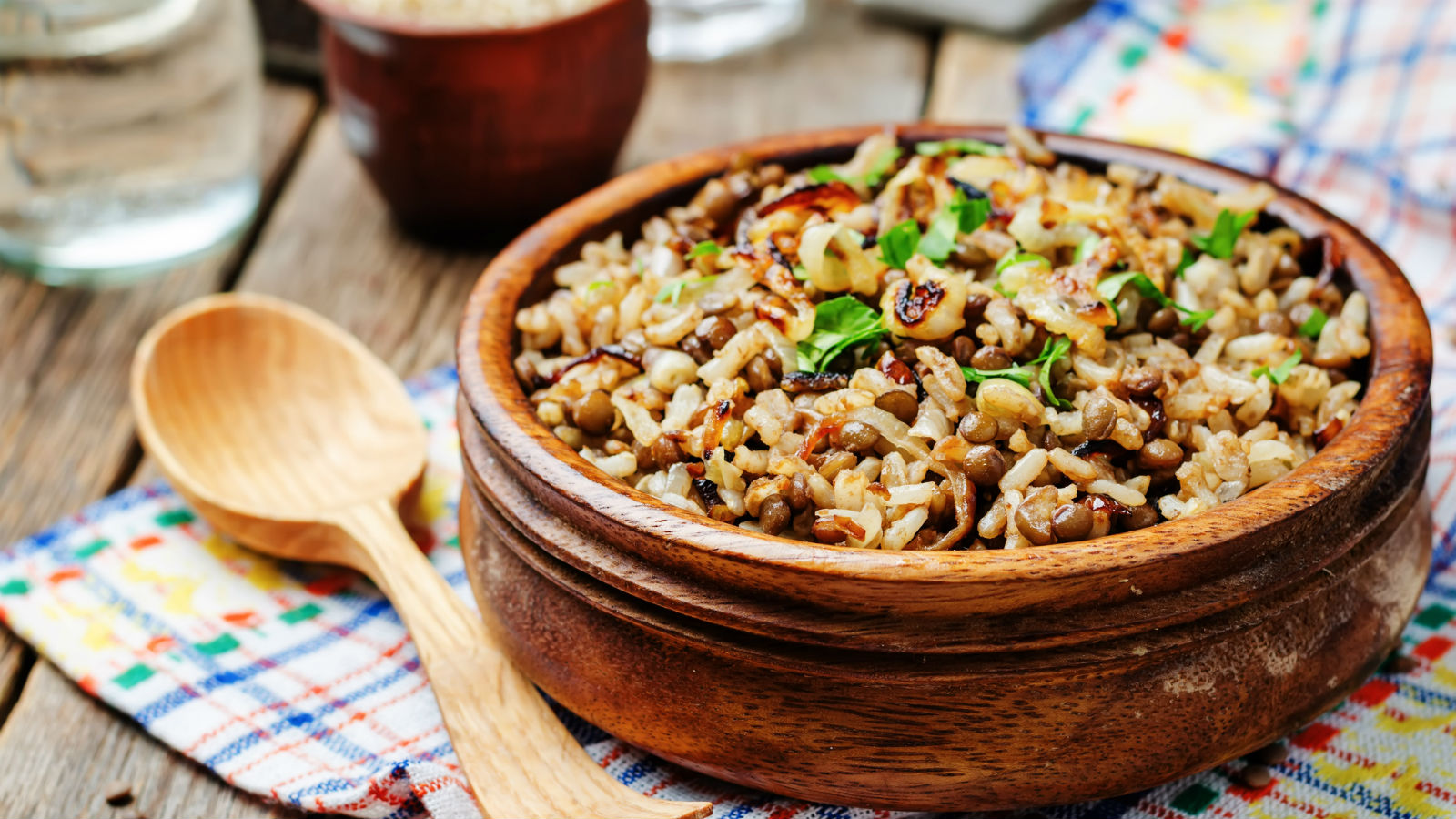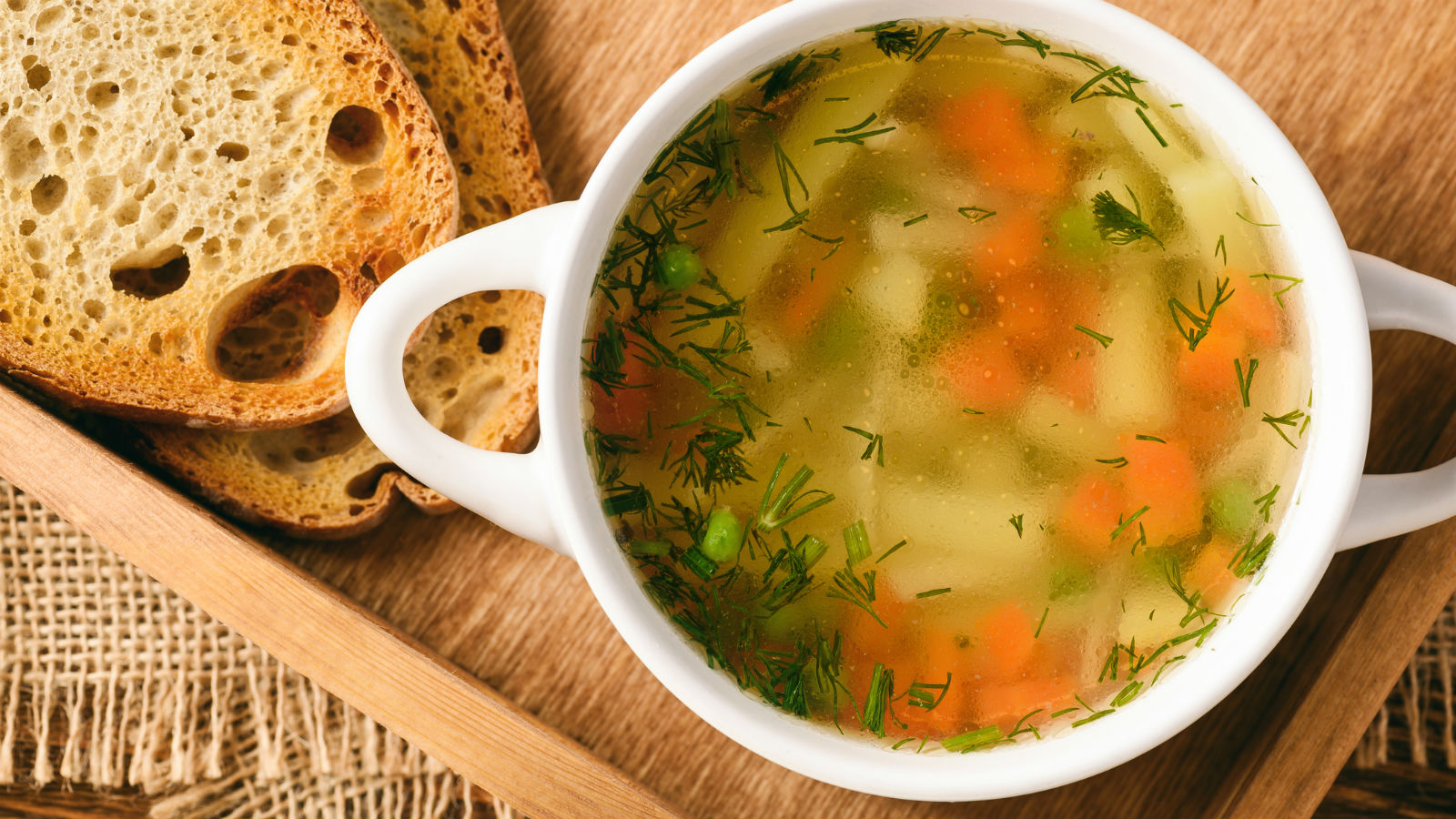Yom Kippur is one of the most, if not the most, important day in the Jewish calendar. And for many Jews, fasting and being in synagogue is the focus of the day.
Fasting is not easy, nor is it for everyone — some people cannot fast because they are pregnant, breastfeeding, or have a medical condition. Or they simple do not function well abstaining from water and food for a 25-hour period.
But for those who do choose to fast as a meaningful way to engage in Yom Kippur, there are actually foods that can set you up for a more successful, less onerous fast.
As I researched for this post, I found that most people stick to a menu that is classic and delicious but not too crazy or spicy: chicken soup, chicken, rice or pasta, a vegetable, some challah, and water.
The Nosher celebrates the traditions and recipes that have brought Jews together for centuries. Donate today to keep The Nosher's stories and recipes accessible to all.
For more tips on staying healthy during a fast read this.
1. Avoid Foods That Are Hard to Digest
Now this might be different for everyone, but in general stay away from heavy meat dishes, fried foods, or lots of dairy. Because you know, Jewish stomachs.
2. Eat Foods that Have Fiber and Water
Foods with lots of fiber will keep you fuller longer, and foods with water like fruits and vegetables) will keep you hydrated. Chickpeas or lentils are a great vegetarian protein source to eat, especially a dish like mujaderra. A hearty chicken soup with noodles or rice and lots of veggies is another safe bet.
3. Avoid salt
Salty foods like olives, pickles, chips, canned soup, or dishes made with those bouillon cubes will bloat you and make you even more thirsty. So stick to something a little blander for that pre-fast meal.
4. Avoid Sugar
Too much dessert before fasting may cause your blood sugar to spike up and then come crashing down, which can be unpleasant at its least and cause a headache or moodiness at its worst. Too much sugar will also make you thirsty, like salt, and will have you craving more sweets during your fast.

5. Drink Water
This is pretty obvious, but make sure to drink plenty of water, not only at the meal right before the fast begins, but the days preceeding as well.
6. Avoid Eating Too Much
Eat a moderate sized meal that leaves you satsified, but not unbuttoning your pants. You will feel uncomfortable and it will be more difficult to digest a monstrous-sized meal.



